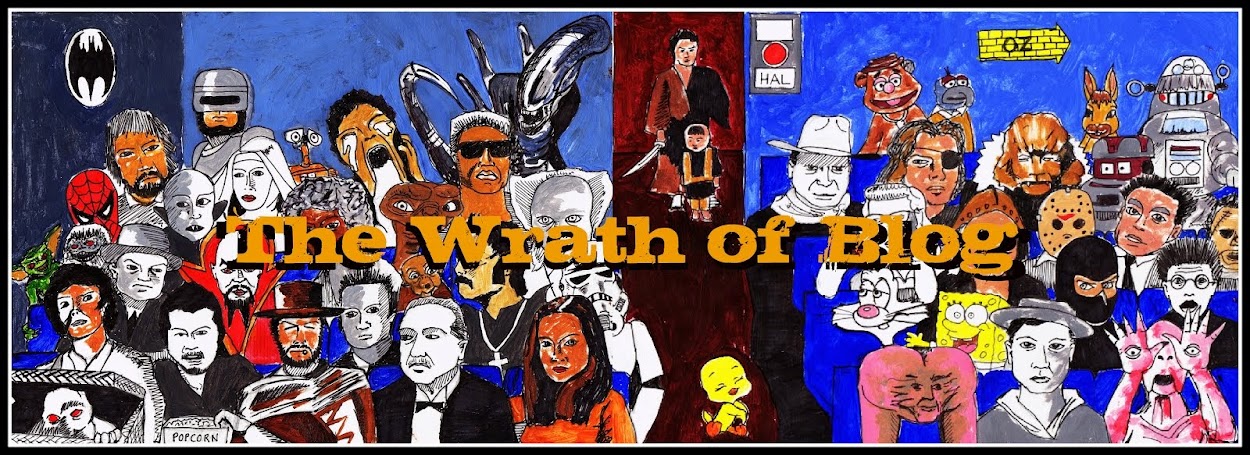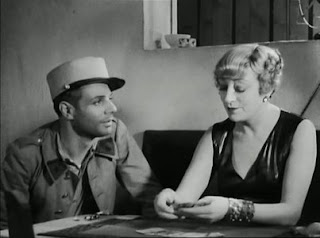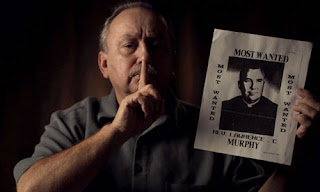 Harry Hart, a Harry Palmer-like gent, is a Kingsman; a highly secretive and unaligned ring of spies and agents who dress sharply and certainly know their manners. After an operation to rescue Professor Arnold (Mark Hamill) from a possible kidnapping plot sees one Kingsman agent disposed of in a particularly gruesome fashion, Harry is tasked with finding a replacement to fill the spot. The son of a former agent who saved Harry's life years previously, Eggsy (Taron Egerton), is now growing up in a council flat with his layabout mother and abusive stepfather. After a joyride lands him in the police station, Eggsy calls the number on the back of a Kingsman medal given to him by Harry when he was a child, and he is bailed.
Harry Hart, a Harry Palmer-like gent, is a Kingsman; a highly secretive and unaligned ring of spies and agents who dress sharply and certainly know their manners. After an operation to rescue Professor Arnold (Mark Hamill) from a possible kidnapping plot sees one Kingsman agent disposed of in a particularly gruesome fashion, Harry is tasked with finding a replacement to fill the spot. The son of a former agent who saved Harry's life years previously, Eggsy (Taron Egerton), is now growing up in a council flat with his layabout mother and abusive stepfather. After a joyride lands him in the police station, Eggsy calls the number on the back of a Kingsman medal given to him by Harry when he was a child, and he is bailed.Harry enters Eggsy into the trials to become a Kingsman agent along with a bunch of upper-class toffs who refer to Eggsy as a 'pleb'. The group of youngsters must perform a series of tasks under the watchful eye of Merlin (Mark Strong), involving escaping from a flooded room and shooting a dog in the head. Meanwhile, Harry investigates links from recent strange events to internet billionaire Richmond Valentine (Samuel L. Jackson), a flamboyant man with a lisp and a fondness for wearing caps indoors. whose upcoming deal to offer SIM cards with free calls and internet to everybody for free reeks of conspiracy and may be related to an incident involving an exploding head.
When Harry and Valentine have their inevitable face-to-face sit-down moment, the two munch on Big Macs at Valentine's hideously decorated mansion while discussing the joys of the ludicrous Bond movies of old, when things weren't taken so seriously. Kingsman is an obvious Bond pastiche, with deadly gadgets, a henchman wielding an unconventional weapon (in this case - knives for feet), and an outrageous villain. It even comes as a surprise when Firth fails to raise an eyebrow while delivering a double entendre. It shows that these kinds of movies can still be fun without the shadow of uber-seriousness seen in the Daniel Craig Bond's and the recent Bourne movies lurking overhead, while telling the people who will be inevitably offended by the spurts of shocking violence to get a grip and remember that it's only a movie.
However, it did little to prepare me for the movie's key set-piece, which involves a church in Kentucky inhabited by a group of bigoted, right-wing religious types - and Harry - indulge in what can only be described as a pub-brawl massacre. I have never witnessed a scene that would usually be portrayed as a tragedy executed with such glee, with Lynyrd Skynyrd's Free Bird blaring out while men and women are stabbed, shot, bludgeoned, set on fire and, in one particularly grisly moment, get slammed into a wall so hard it snaps their spine in two. It seems to go on and on, but it's an absolutely thrilling moment stocked full of cartoon violence, and will no doubt making some viewers expecting a light and funny experience wholly uncomfortable in the process.
It's sadly not all great. Eggsy's recruitment and training is formulaic and none of the tasks are particularly original or clever. This period of the film also keeps Eggsy and Harry apart for most of it, when their few scenes crackle with chemistry. But ultimately, Kingsman is an intriguing experience. bending to generic tropes while seemingly playing by its own rules. Firth displays a comedic willingness rarely seen and Egerton, who has popped up from nowhere, is a real find as the swaggering Eggsy, a baseball-cap wearing yoof who calls people 'bruv', who in most actors hands would have come across as extremely annoying. Kingsman dabbles in enough extreme violence to cause most viewers to question what they really enjoy seeing on screen, and it's a throwback with a modern twist, celebrating the days when movies could be fun, inexplicable and inconsequential, Just don't watch it with your nan.
Directed by: Matthew Vaughn
Starring: Colin Firth, Taron Egerton, Samuel L. Jackson, Mark Strong, Sofia Boutella, Michael Caine
Country: UK
Rating: ****
Tom Gillespie










